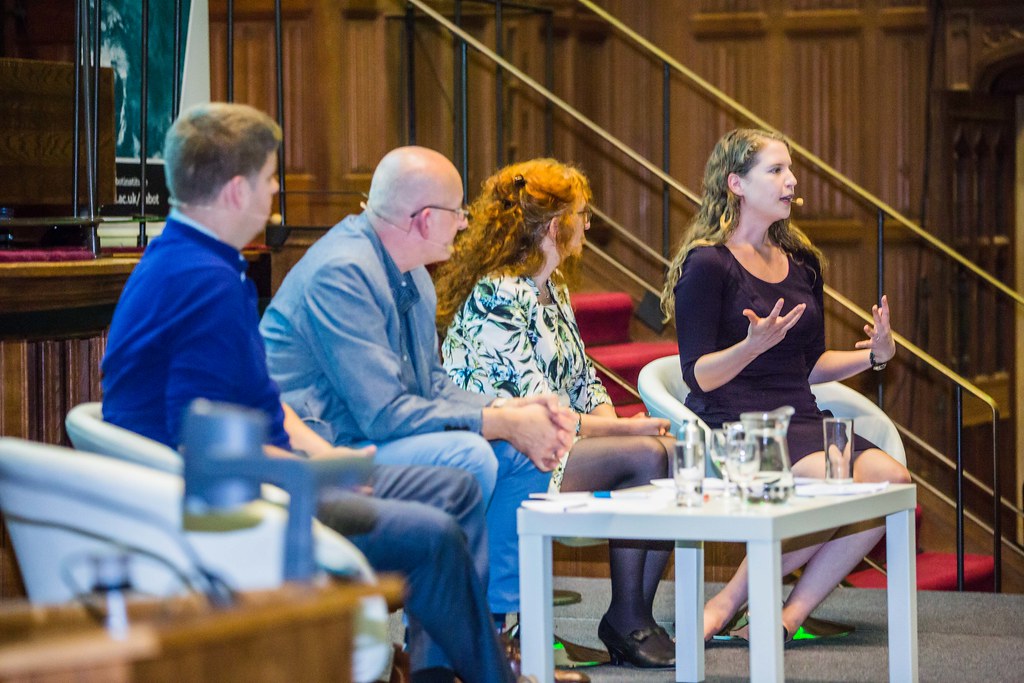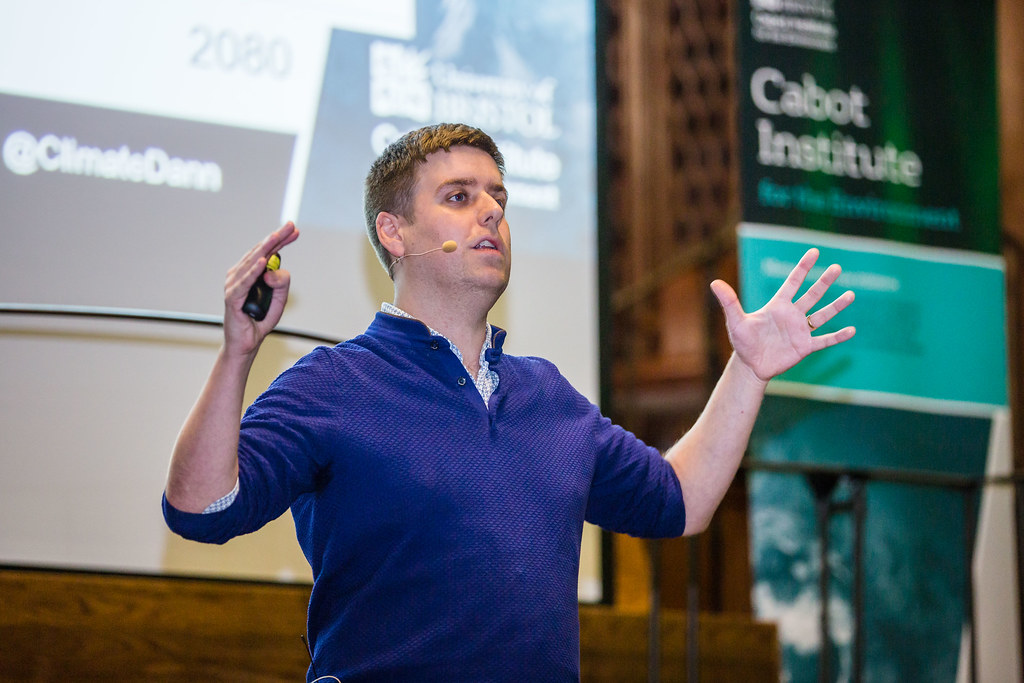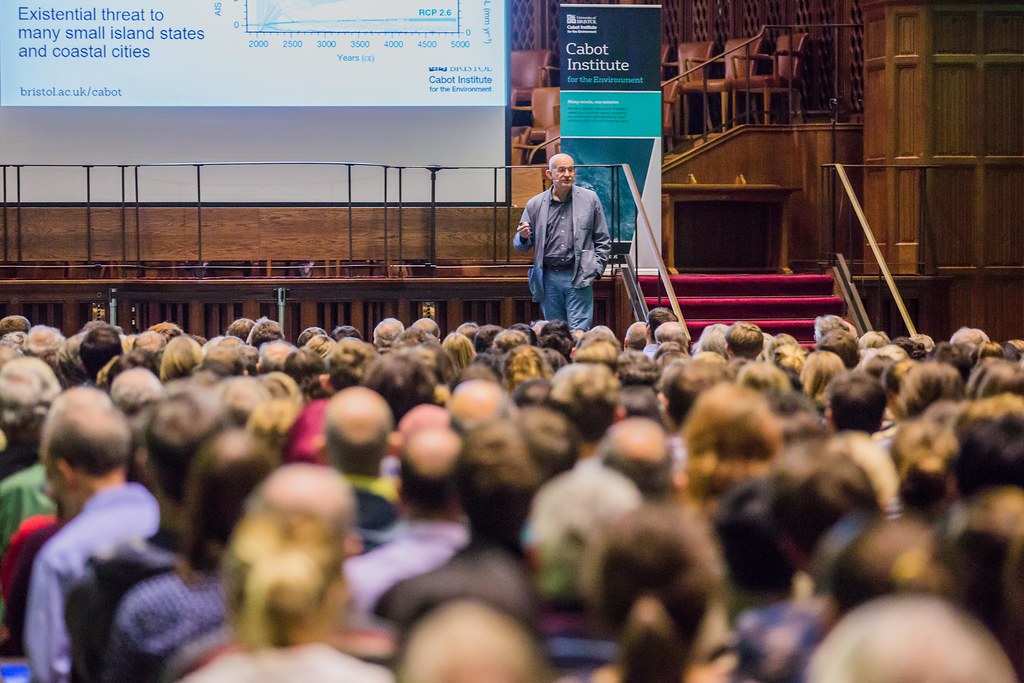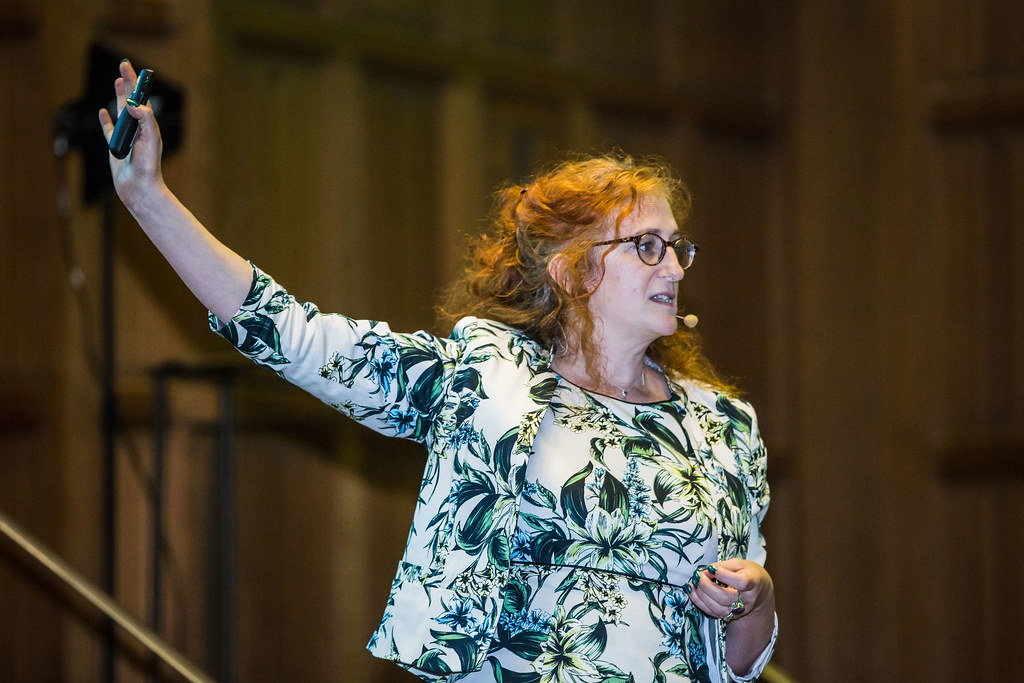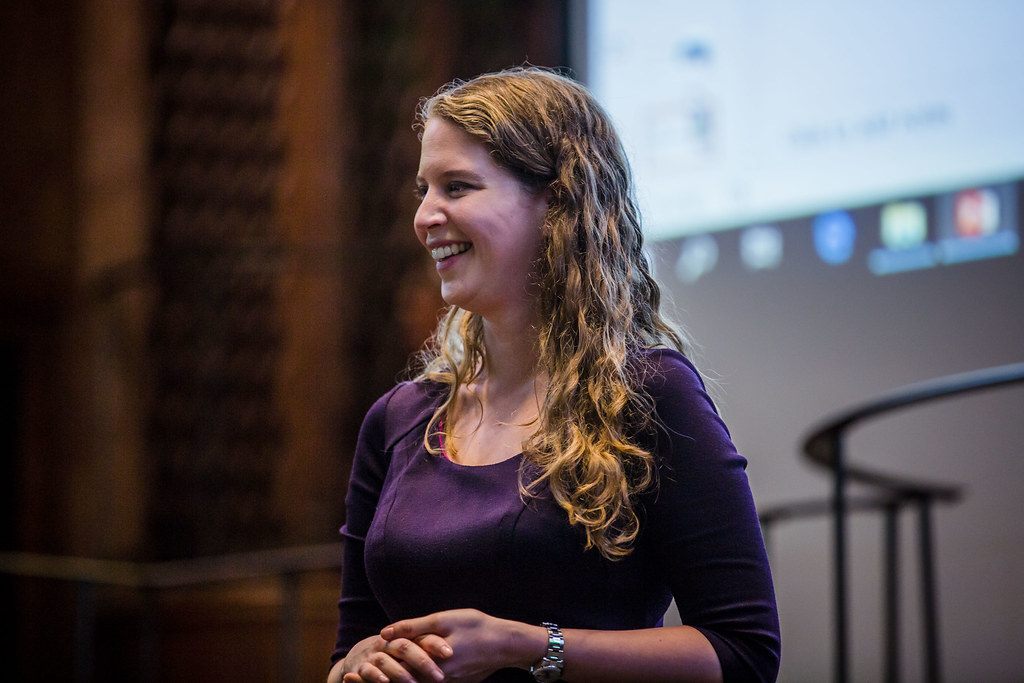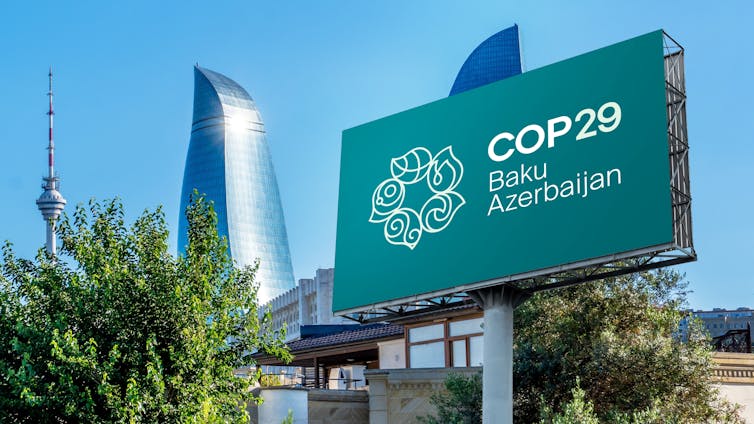
Every autumn, the UN holds its international climate summit or “Cop” (Conference of the Parties). Between each Cop, a smaller, lower-profile gathering takes place. Called the SB – short for “subsidary bodies” of the UN’s Framework Convention on Climate Change (UNFCCC) – these smaller meetings matter but don’t draw as much public attention.
The SB meetings are a world apart from Cops. Held in the same small venue in the German city of Bonn every year, the latest, SB60, had 8,606 participants whereas last year’s Cop28 in Dubai had around 100,000. Observers make up about half of the SB participants, and the atmosphere is less about being there to show you care and more focused on the matter at hand – global negotiations.
In contrast to Cops, there are no pavilions and exhibition spaces. The focus is on negotiations and side events. In June 2024, our team of climate law and policy experts from the Cabot Institute at the University of Bristol attended SB60 as observers. We prioritised going to Bonn instead of the upcoming Cop29 in Baku, Azerbaijan, because SBs offer a chance to see negotiations in flux.
In Bonn, there’s more chance to speak directly to negotiators including diplomats, heads of state, and UNFCCC staff (who are less pressed for time) – and to have an influence on policy outcomes (because positions are not yet as cemented as they are at Cops).
SB60 revealed some important sticking points and challenges for delegates going to Cop29 in Baku, which starts on November 11. The negotiations proved to be particularly difficult in three key areas.
1. A stalled transition
The first is “just transition” – the idea of making society fairer for everyone as we respond to climate change. Negotiations collapsed before the end of SB60 due to disagreements on scope, timelines and implementation planning.
The term just transition was only defined and planned for at a global governance level for the first time at last year’s Cop28. There was a real push and pull between developing and developed countries when it came to setting out the aims and scope of this plan.
Developed countries, including Norway, the US and the EU, pushed to focus on jobs and technology. Developing countries, including the UN’s coalition of 77 developing countries known as the G-77, China, small island developing states, and 54 states of the UN’s Africa Group, wanted costs to be shared fairly in a way that recognises existing inequalities between countries, and with compensation for past harms.
There was a sense that developing countries wanted to see broader system changes within the UNFCCC. One of us (Alix Dietzel) noted down how the G-77 plus China stressed that getting just transition right was “key for the future of the Cops and the regime of the UNFCCC”.
Eventually, the developed countries’ version won out at Cop28. But at SB60, it became clear there were still deep disagreements over what a just transition means and how this will play out. Negotiations over how to achieve the targets for a just transition collapsed when states could not agree whether to include wider discussions of systemic inequality and new finance goals, and whether the UNFCCC’s five-yearly global stocktake required a scaling up of ambition.
The outcome document produced on the final day of SB60 stated that parties met and negotiated – but frustratingly, did not capture any views that can be used as a basis for further negotiations.

Alix Dietzel, CC BY-NC-ND
2. Responding to climate loss and damage
There is increasing urgency to deliver meaningful support to developing countries experiencing the worst economic and non-economic losses from climate impacts. These range from extreme weather and sea level rise to damage to ecosystems and communities. A key priority is funding to support the recovery and preparedness of the most at-risk countries and communities.
A new loss and damage fund, currently hosted by the World Bank, was established at Cop28. So far, it has received more than US$702 million (£540 million) in pledges. At SB60, the debate focused on how best to urgently scale up this funding and make it more easily available to the communities most in need of it.
Many countries and observers called for a more inclusive approach based on human rights, and stressed the need for technical support in less developed countries.
3. Finance is key
Cop29 is all about money. Billed as “the finance Cop”, leaders in Baku must agree on a new climate finance goal. Known as the “new collective quantified goal” (NCQG), this aims to support developing countries with climate action. Industrialised nations have only met the current annual target of US$100 billion once, in 2022. SB60 was meant to lay the groundwork for a finance deal at Cop29. The outcome in Bonn, however, was disappointing.
We observed that developing countries felt frustrated at the dithering of developed nations over who should pay and how much. The Colombian government, for example, is committed to decarbonisation, but in Bonn expressed dismay at the lack of concessionary climate finance to support this process.
Developing countries seemed angry that finance flows prioritise private infrastructure investment over key sectors that are considered non-profitable, such as education, health, coastal flooding defences or landslide prevention. This makes climate adaptation harder, especially in the context of high debt burdens.
The road to Baku
The intimate setting of the SB negotiation space might look like it could deliver better climate outcomes compared to huge Cops. Negotiators at Cop28 were crowded out by lobbyists and industry representatives. In Bonn this year, smaller numbers meant delegates could more easily meet for informal huddles outside the negotiation rooms.

Alix Dietzel, CC BY-NC-ND
At the Cop climate summits, observers like us normally don’t have a significant voice. But at SB60, interactive workshops and contact groups gave observers opportunities to speak. We held a side event with the global mayors network, C40 Cities, and Earthshot prize winners, the environmental and youth empowerment group Green Africa Youth Organization. Discussions focused on how to make urban climate policy more inclusive, and we later introduced ourselves to the UK negotiation team.
Contributions from civil society observers were recorded by the UNFCCC and incorporated into official SB reports on finance and loss and damage. Nevertheless, big decisions on just transition, loss and damage, and climate finance are constrained by competing geopolitical and economic interests, regardless of the size of the negotiating space.
SB60 set the scene for two weeks of fractious negotiations in Baku. Climate change-induced extreme weather events and changing weather patterns are accelerating. Key climate tipping points could be breached soon.
Developing countries will require trillions of dollars a year to adapt to and mitigate these extreme scenarios. Based on what we experienced in Bonn, a finance deal at Baku that delivers climate action for developing countries seems a long way off.

—————————————
This blog is written by Cabot Institute for the Environment members, Drs Alix Dietzel, Senior Lecturer in Climate Justice, University of Bristol; Alice Venn, Senior Lecturer in Climate Law, University of Bristol, and Katharina Richter, Lecturer in Climate Change, Politics and Society, University of Bristol. This article is republished from The Conversation under a Creative Commons license. Read the original article.







